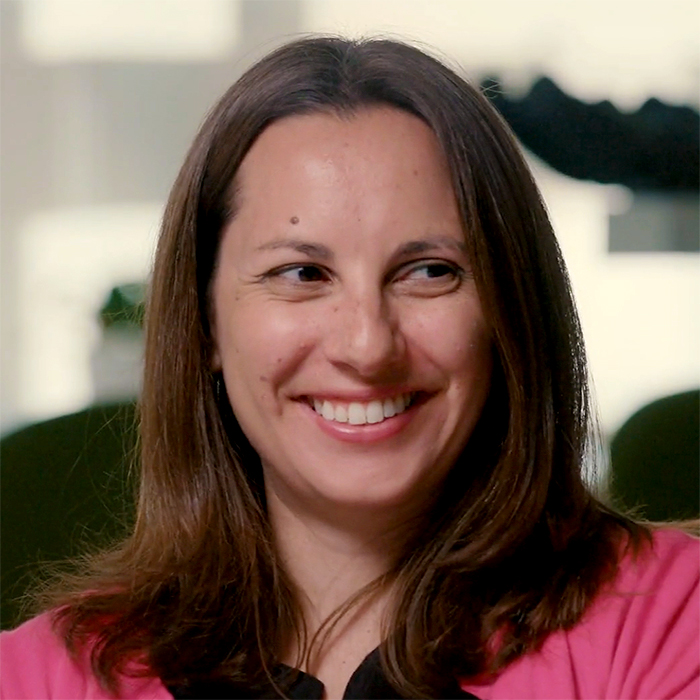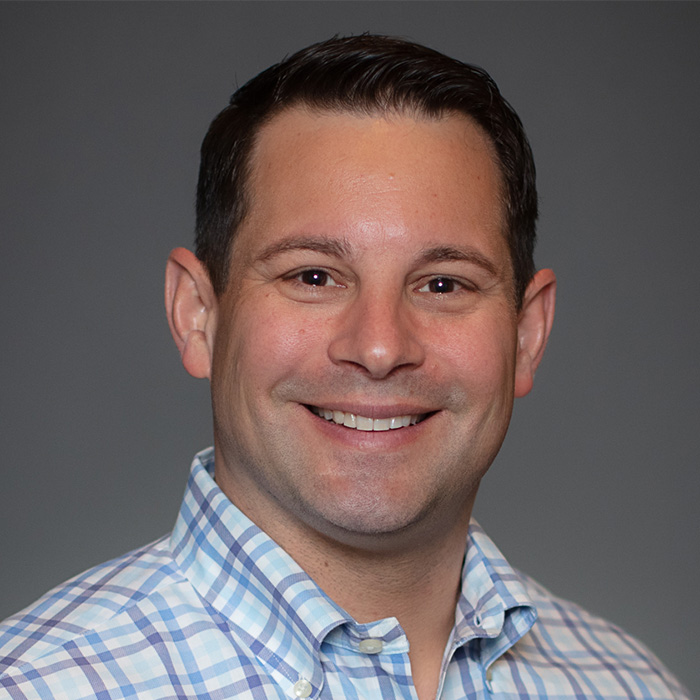HMX Pro Genetics
Cancer Genomics and Precision Oncology
Learn how cancer treatment is evolving due to advances in genetics.
Growing knowledge of human genetics is changing the way physicians and researchers approach diagnosis of cancer risk as well as treatment of various types of cancer.
Anyone whose work intersects with cancer needs to understand the vital role that genetic information has begun to play in the field of oncology.
This advanced course offers a unique way for professionals to learn about key cancer genetics concepts and cutting-edge clinical applications from leading Harvard Medical School faculty.
Our next course period begins September 2, 2025 – apply by Tuesday, August 26.
Course Topics
Overview of Cancer Genomics
- What is Cancer?
- The Promise of Precision Oncology
The Genetics of Cancer
- Germline and Somatic Mutations
- Cancer as a Genetic Disease
- Cancer Mutations
- Cancer Progression
- The Hallmarks of Cancer
- Cancer Gene Functions
- Clinical Linkage: The Genetics of Gastrointestinal Stromal Tumors (GIST)
- Interactive: Cancer Pathways
Cancer Genomics and Tumor Sequencing
- Sequencing Sample Types
- Sequencing Approaches
- Sequencing Analysis
- Variant Allele Frequency
- Interpreting Variation
- Mutational Signatures
- Clinical Linkage: Tumor Sequencing
- Interactive: Cancer Mutations
Precision Oncology
- Cancer Therapeutics
- Kinase Inhibitors
- Monoclonal Antibody Treatments
- Active Immunotherapies
- Drug Resistance
- Clinical Linkage: Clinical Trials for GIST
- Interactive: Molecularly Targeted Treatments
Wrap-up
- The Future of Precision Oncology
Course Instructors

Christine DeGennaro, PhD
Lecturer in Genetics, Harvard Medical School

Marios Giannakis, MD, PhD
Assistant Professor of Medicine, Harvard Medical School
Medical Oncologist, Dana-Farber Cancer Institute

Robert C. Green, MD, MPH
Professor of Medicine, Harvard Medical School
Associate Physician, Brigham and Women’s Hospital
Geneticist, Brigham and Women’s Hospital
Director, Genomes2People Research Program at Brigham and Women’s Hospital

Carrie Blout, MS, CGC, LGC
Senior Genetic Counselor, Brigham & Women’s Hospital
Recommended Course Bundle
Interested in accelerating your learning? Bundle Pro courses together to meet your educational needs and save on course costs. Explore bundles we recommend or reach out to learn@hms.harvard.edu to speak with a team member about your learning needs. You can select this recommended bundle on your application or choose your own.
Focus on Oncology
- Bundle this Cancer Genomics and Precision Oncology course with Immuno-oncology – This two-course bundle will benefit learners looking to build their knowledge of the diagnosis, treatment, and prevention of cancer. Save 25% when you enroll in this two-course bundle.
More Information
Frequently asked questions
Who should take this course?
This course is appropriate for science, business, and medical professionals whose work intersects with cancer research and treatment – including those working in R&D, product management and strategy, sales, marketing, and other roles.
What do participants need to know to succeed in this course?
We recommend knowledge of basic chemistry, biology, and physics, as well as knowledge of key genetics concepts. This is an advanced course; for those who require more background in genetics, we offer HMX Pro Genetics – Essentials.
Not sure which course to take? Gauge your knowledge of genetics by taking this short quiz.
What is the time commitment?
Most people can expect to spend around 15–20 hours total, but this depends on your baseline knowledge, how carefully you take notes, and how seriously you take the assessments. Lessons from the courses are released weekly and remain available until the courses end, so you can work at your own pace. There is a final exam at the end of each course that can be taken any time during the final exam period.
Can participants earn certificates from Harvard Medical School?
There are two certification levels, based on participant scores:
- Certificate of Achievement
- Certificate of Completion
How much do courses cost?
September Course Prices
US$1025 for an individual course
US$1537.50 for a two-course bundle (25% discount)
US$2152.50 for a three-course bundle (30% discount)
US$2665.00 for a four-course bundle (35% discount)
US$3075.00 for a five-course bundle (40% discount)
Please note: All courses in a bundle must be completed in the same session.
Think others at your company would be interested? We offer group discounts and direct enrollment options – contact us to learn more.
What Learners Say

Mariam Fida
Medical geneticist
“It was amazing the way all the animations were conducted, and how they show concepts in a very basic, nice way.”

Eugenia Prohin
Clinical operations manager
“Everybody involved in clinical research would benefit from these courses.”

Matthew Tagliaferro
Account executive, Ambry Genetics
“Being able to hear from the doctors and clinicians themselves about the different treatments and disease states, I think it gives such a good perspective.”
